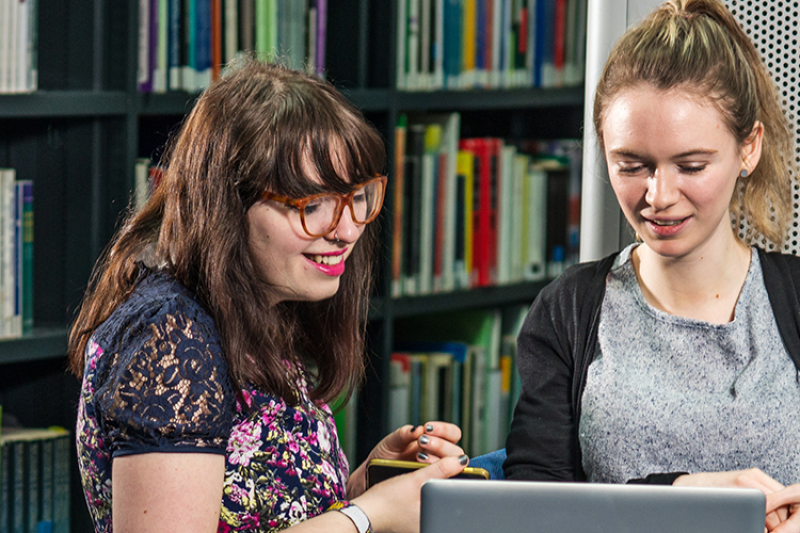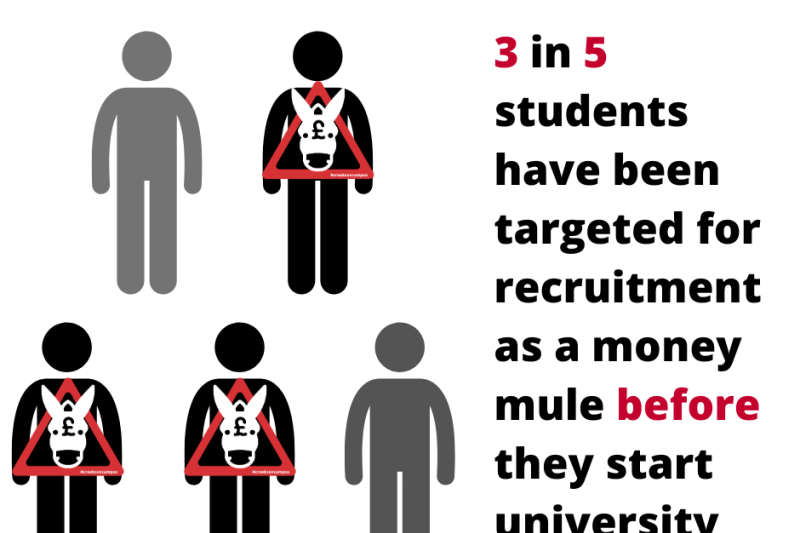
With assignments and dissertation deadlines approaching, we met up with some of the Library and Learning Support team to get some advice on how to enhance your writing - and how to avoid some of the common pitfalls students often make when writing assignments.
Here's what they shared...
Q: What are the most common academic offences students make, and how can they be avoided?
Plagiarism can be an easy mistake to make and often students plagiarise by accident because they don't understand how to reference properly. We’ve got a really good guide to avoiding plagiarism, as well as a guide to referencing online.
Sometimes, students also don’t realise that each assignment should be researched and written in its own right – that means even simply copying paragraphs or case studies from one assignment to another is considered self-plagiarism. And of course, submitting the same piece of work - or substantially similar piece of work - for different assignments is not allowed.
Q: Do all assignments need to include the Harvard Referencing style?
Including references, or citations, is how students evidence the information sources they’ve used to inform their work and academic thinking. Harvard Referencing is the most common style we ask our students to use here at BU, but there are other styles such as APA or Oscola which may need to be used instead.
The best thing students can do is check each assignment brief they receive, as that should include details of which referencing style to use. If in doubt, students should check with their tutor. Once students know which referencing style to use, it’s a good idea to read our guide to referencing.
Q: What is an academic offence?
All work submitted for an assignment must be your own, original, work – so submitting any outsourced or unoriginal work is considered an academic offence.
Importantly, if you outsource your work, you will not only fail that assessment, but may be expelled from university, so this is potentially very serious and may affect your future employment prospects.
Q: Can I use an essay writing service?
At this time of the year you’ll see a lot of services online and on social media, and possibly even touts in the local area promoting essay writing services, but this one is simple: you are not allowed to ask anyone else to do your work for you.
Asking anyone else – paid or unpaid – to produce academic work like essay writing, lab-work, or computer-related modules on your behalf is considered contract cheating and an academic offence, so it’s really not worth thinking about.
If a student is feeling anxious enough about their work or an upcoming deadline that they’re tempted by these services, they should really talk to a tutor, academic advisor, AskBU or their faculty library team as soon as possible so we can give them advice on getting their work completed the right way.
Q: How can plagiarism be avoided in group work?
When doing group work projects students need to collaborate with other students, but they normally need to write up an individual account or assignment. To ensure a group study session doesn't accidentally turn in to academic offence, students should agree as a group which parts of their work may be shared with others. There’s an online activity ‘Avoiding plagiarism while working with other students’ students can complete to make sure they get it right, and it's also a good idea to check the assignment brief or ask a tutor.
Q: What support is available for students currently working on assignments?
We’ve got lots of different types of support to help students with their self-guided learning! If students need help structuring an essay, are panicking about giving a presentation, searching for sources or uncertain about referencing, our team is here to help!
We have added a wide range of study skills resources online and in the Study Skills section of myBU and Brightspace which cover academic writing, critical analysis, referencing, plagiarism, search strategies and more. We’ve also added a range of useful ‘how to’ guides to the library webpages for advice.
Students can also talk to faculty academics, sign up for a workshop or book appointments with their faculty library team via the library section of myBU or Brightpsace, or have a chat with any of our staff next time you’re in either of our libraries.
Q: Where can students find out more about academic offences?
There's plenty of guidance on how to avoid the most common academic offences on our library pages. The important information section of our website also includes BU regulations on academic offenses where the current policy can be downloaded.


